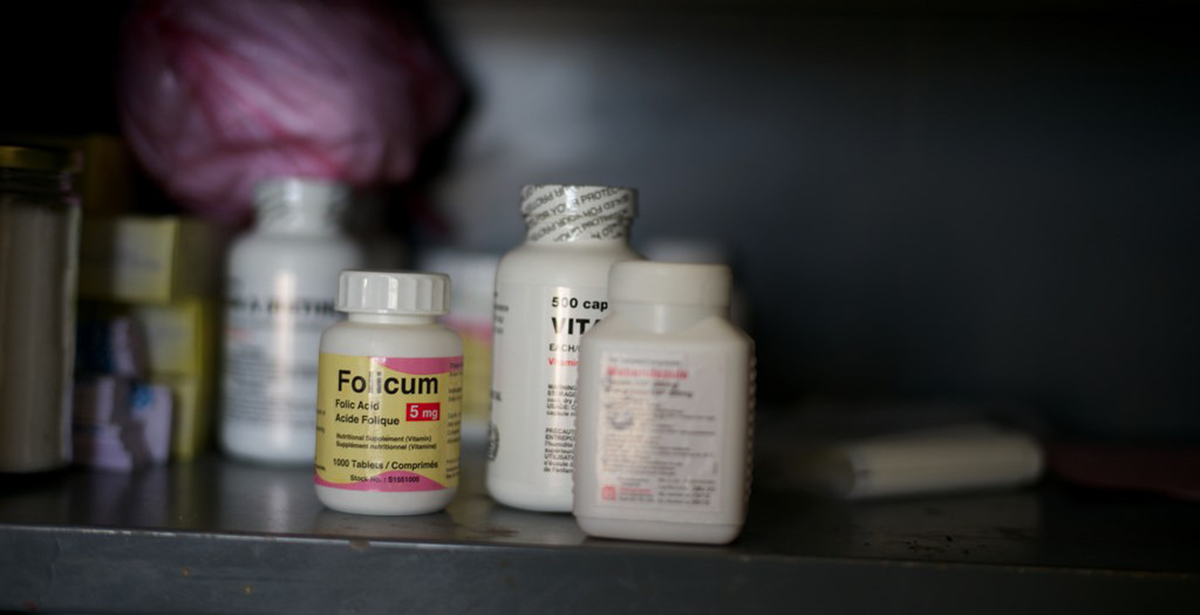Table of Contents
The best indication for using methylfolate is a lab test your doctor ordered and interpreted for you. Since the implementation of the Affordable Care Act, many insurance plans cover the cost of testing in full, although the test runs about $200 if insurance does not cover it. If you know you have an MTHFR mutation, then you know methylfolate will work for you.

What can you expect if you take methylfolate?
- Some people start taking methylfolate and start feeling great. They just wonder why they didn't take the supplement before.
- Some people start taking methylfolate and feel great for about a week. Then they feel unhinged, nervous and irritable and achy, for a week or two.
- And some people feel side effects like headache, insomnia, anxiety, palpitations, headaches, and itchy skin right away.
The reason for the different reactions to methylfolate is that the healing process can be unpleasant.
And if your metabolism has become so sluggish that you're tired all the time and you've become so accustomed to it you don't notice it any more, waking up your metabolism may come as a jolt.
There are ways to avoid these unpleasant side effects. Here are some suggestions:
- In addition to taking methylfolate, take a B vitamin supplement containing no more than 50 to 100 mg of niacin. Methylfolate helps the body make a nerve activating agent called s-adenosylmethionine (sam-E). Niacin helps regulate the amount of s-adenosylmethionine the body makes.
- And in addition to taking niacin, take hydroxycobalamin, or activated vitamin B12. Methylfolate helps your blood vessels make nitric oxide, relaxing arterial walls and increasing circulation. But vitamin B12 helps prevent an excessive dilation effect.
See Also: Vitamin B6 Strengthens Immune Response
How much methylfolate is enough?
Your doctor could order a lab test for unmetabolized folic acid and methylfolate and eliminate all the guesswork. Or you could start with the smallest available capsule of methylfolate every other day and build up to a capsule every day if you don't experience any unpleasant side effects. It's always better to work with your doctor, and it's always better to rely on blood tests rather than guesswork, but if you simply cannot find or pay a doctor to help you with this potential issue, the smaller the dosage, the smaller the potential side effects. If you haven't been getting the methylfolate your body needs your entire life because you have a MTHFR defect, waiting an additional week or two to get the full benefits of the supplement really is not a sacrifice.
- Bailey SW, Ayling JE (September 2009). "The extremely slow and variable activity of dihydrofolate reductase in human liver and its implications for high folic acid intake". Proceedings of the National Academy of Sciences of the United States of America 106 (36): 15424–9. Bibcode:2009PNAS.10615424B. doi:10.1073/pnas.0902072106. PMC 2730961. PMID 19706381.
- Photo courtesy of Okko Pyykkö by Flickr : www.flickr.com/photos/data_op/2175600728
- Photo courtesy of Julien Harneis by Flickr : www.flickr.com/photos/julien_harneis/13920566665


Your thoughts on this